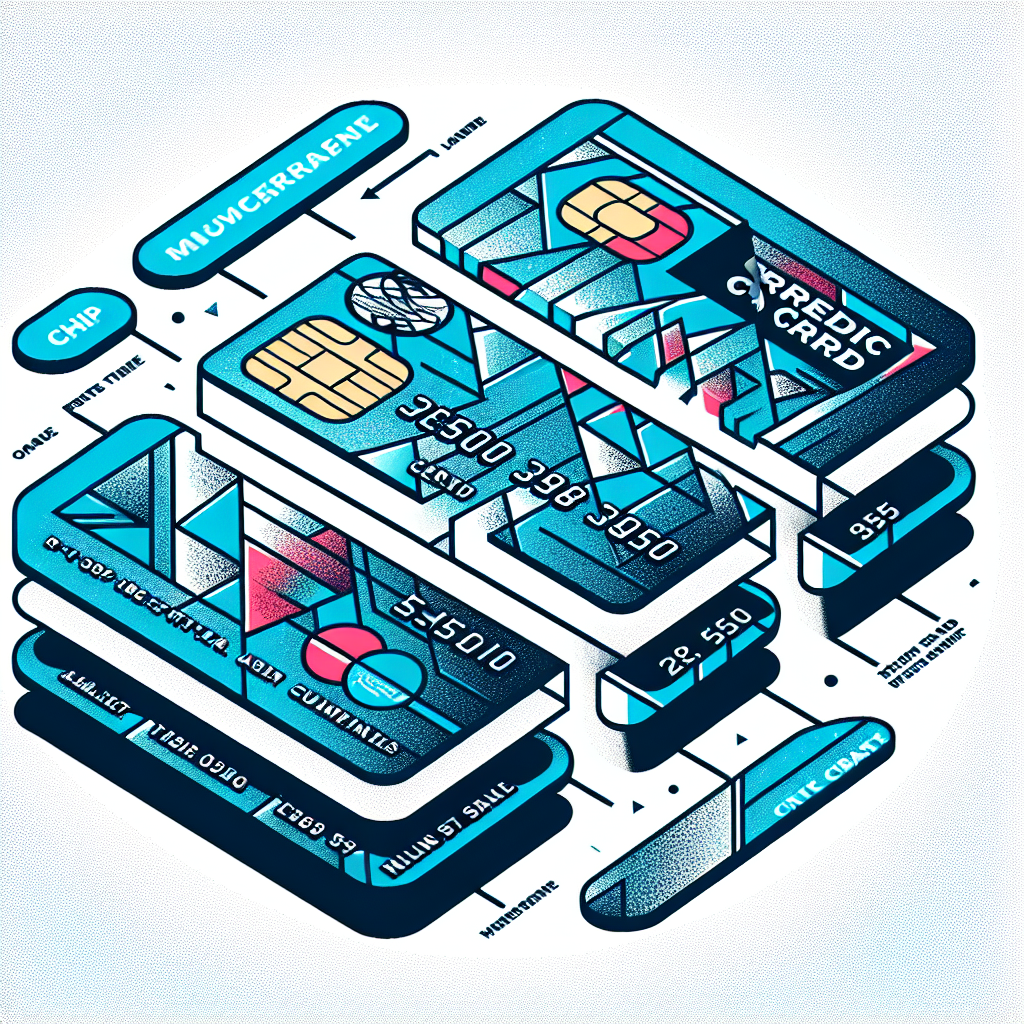UPI Leads the Charge: India's Rapid Shift to Digital Payments
India's Unified Payments Interface (UPI) leads in global payment speed, overshadowing traditional methods like debit and credit cards. UPI's rapid growth since its 2016 launch illustrates a shift away from cash, processing over 18 billion monthly transactions. An IMF note underscores UPI's role in fostering digital payment adoption and integration.

- Country:
- India
India has emerged as a leader in speedy payments, primarily due to the rapid expansion of the Unified Payments Interface (UPI). According to an IMF Fintech Note, the adoption of UPI has eclipsed the use of traditional instruments like debit and credit cards, marking a significant shift in payment habits.
Developed by NPCI, UPI facilitates instant, real-time inter-bank transactions via mobile devices. Since its inception in 2016, UPI has grown exponentially, processing more than 18 billion transactions monthly and outpacing other forms of electronic retail payments in the country.
The IMF note highlights increasing total digital payments compared to cash usage. While estimating cash use is challenging due to anonymity in transactions, proxies like ATM withdrawals reveal a declining trend. The note emphasizes the role of interoperability in digital payment adoption and the transition from cash.
(With inputs from agencies.)










